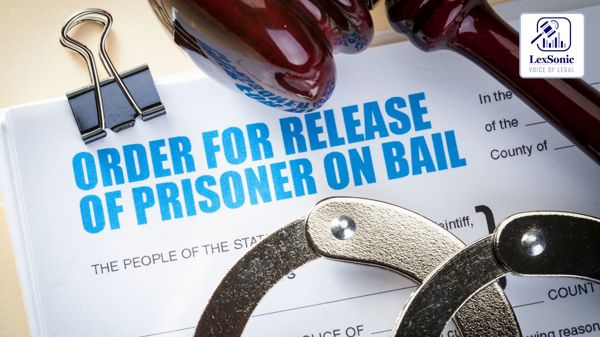In a significant development of Mirza Himayat Beig Umar v/s The State of Maharashtra, the Bombay High Court granted bail to an accused who had been in custody for over 13 years in connection with a terror-related case. The case involves the accused, who is alleged to have been part of a conspiracy with the banned terrorist organization, Lashkar-e-Taiba (LET). The appeal was filed to challenge the denial of bail by the District Judge-2 and Additional Sessions Judge of Nashik, who had previously rejected the accused’s bail application in October 2021.
Background of the Case:
The accused was arrested in 2010, along with several others, following an investigation by the Anti-Terrorism Squad (ATS) Mumbai. The case, which was registered under various provisions of the Indian Penal Code, the Explosive Substances Act, and the Unlawful Activities (Prevention) Act (UAPA), revolves around a terror conspiracy, alleged recruitment, and the preparation of a potential terror strike. The accused faced charges under Sections 18 and 18B of UAPA, which deal with conspiracy and recruitment for terrorist activities, respectively. These offenses carry severe penalties, including life imprisonment.
The prosecution primarily relied on the testimonies of two witnesses who claimed that in December 2006, the accused instigated them to join LET for terror training in Pakistan. However, both witnesses never acted upon the instigation and did not join any terrorist organizations. Moreover, the meeting in question occurred several years before the terrorist organization was officially banned in 2008.
Legal Arguments and Bail Plea:
The appellant’s lawyer, Mr. Solkar, argued for bail on the grounds of the appellant’s prolonged incarceration and the lack of concrete evidence to support the allegations. He pointed out that the prosecution’s primary evidence consisted of statements made by the two witnesses, which were recorded in 2010, about an alleged conversation that took place in 2006. He also highlighted that the accused had no criminal record or involvement in any terrorist activity post-2006 and that the trial was unlikely to be concluded in the immediate future, given the large number of witnesses yet to be examined.
On the other hand, the prosecution presented the claim that the appellant’s alleged actions constituted an incitement for terrorism and that he should be held accountable for recruiting individuals to join LET. However, they acknowledged that the appellant had already spent more than 13 years in custody, with 30 more witnesses still to testify in the trial.
Court’s Ruling and Reasoning:
In granting bail, the Bombay High Court relied heavily on precedents set by the Supreme Court in cases such as K.A. Najeeb and Jahir Hak, where long periods of incarceration without the trial's conclusion were considered in granting bail. The Court noted that while the charges against the appellant were serious, the delay in the trial and the appellant's prolonged detention were significant factors in its decision.
The Court referred to the constitutional right to a speedy trial, emphasizing that no individual should be held in prolonged detention without reasonable grounds for continuing that detention. It pointed out that the appellant had already spent a substantial amount of time in custody, more than a decade, which had surpassed a significant portion of the potential sentence he might face if convicted.
Conditions for Bail:
The Court ordered that the appellant be granted bail on furnishing a personal bond and two sureties. Furthermore, the appellant was instructed to report monthly to the ATS office in Nashik and provide his contact details and address to both the trial court and the concerned police station. He was also prohibited from tampering with evidence or attempting to influence witnesses.
The Court further specified that the appellant could not leave the jurisdiction of Nashik without prior permission from the trial court. It was made clear that any violation of these conditions could result in the cancellation of bail.
Conclusion:
This case highlights the tension between ensuring justice for serious crimes such as terrorism and upholding an individual's constitutional rights, especially the right to a speedy trial. The decision to grant bail after such a long period of incarceration serves as a reminder of the importance of timely justice and the principle that no one should remain in custody indefinitely without trial. The trial in this case is expected to continue, and the accused's fate will ultimately be decided based on the merits of the evidence presented in court.
Unlawful Activities (Prevention) Act, 1967

